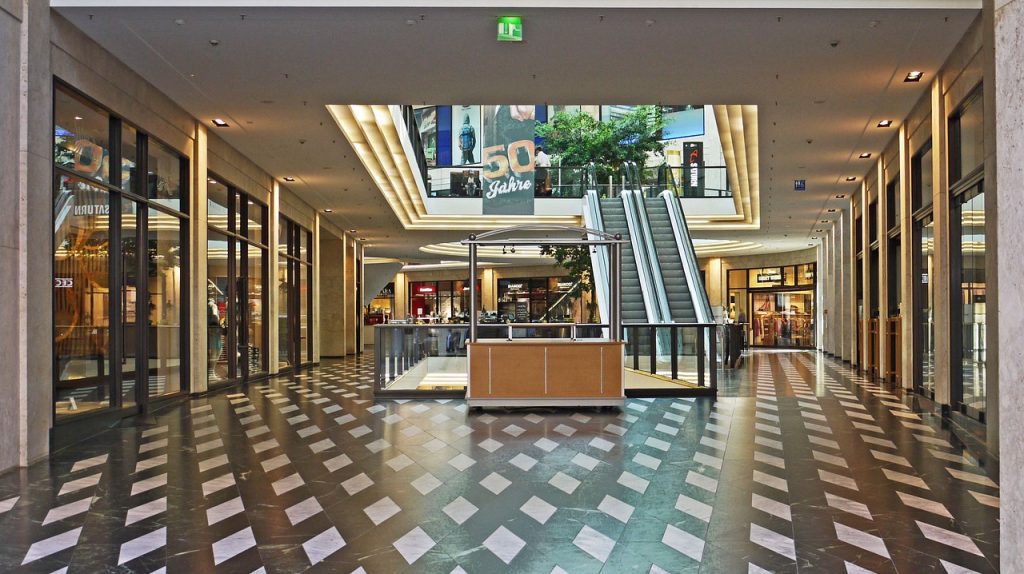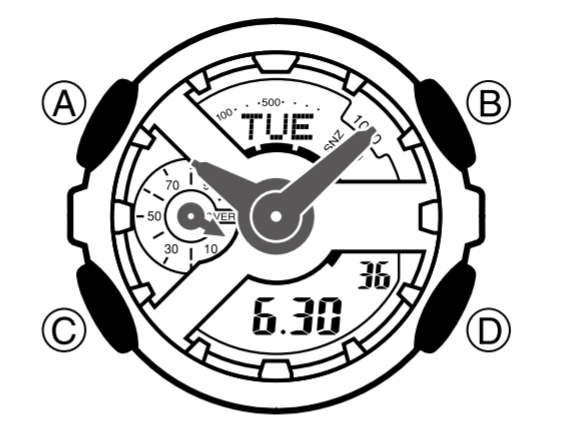Retailers Are Buckling Under Massive Strains
Retail stores are buckling under the strain caused by staffing and supply issues.
This article is more than 2 years old

Omicron has had a significant impact on workers around the globe. Understaffing, large lines, and the threat of a deadly virus put immense strain on customer service and retail workers. With Omicron expanding exponentially, companies and employees alike suffer from shortening business hours.
For those on the frontlines, the threat of illness is more apparent than ever. Retail workers are put in difficult positions, with many coworkers calling out of work due to COVID with no one to take those shifts. More workers needing to quarantine is emblematic of Omicron’s extreme infectiousness.
Vaccinated folks are still vulnerable to this new variant. For many in the retail industry, vaccines were a coat of armor and an ability to keep working and paying the bills. With Omicron’s ability to undermine vaccine strength, stores fumbled with undeniable staff shortages through holiday seasons.
Many retailers across the country are shortening their business hours to accommodate understaffing issues. Macy’s declared shorter hours for Monday through Thursday at the beginning of January. The company requires vaccine documentation from all employees, in preparation for the impending national mandates.
With vaccines having a minimal effect on Omicron’s resistance, companies continue to push mask mandates in stores to some customers’ dismay. Washington, a state with mask mandates for indoor public spaces, experienced massive pushback from mask-disapproving constituents. This is a significant problem for retail workers who worry that requesting customers to wear their masks could lead to violent confrontations.
Workers in the retail and customer industries also have to reconcile with the possibility of infection. Based on a recent study, workers generally are less nervous coming to work in the pandemic now than in 2020. The result of the vaccine’s effectiveness means less possibility for hospitalization, but the threat of catching COVID regardless looms.

With many retail employees calling out of work sick, businesses have to deal with massive crowds and lines as best they can. Check-out lines expand in local grocery stores while shelves aren’t restocked accordingly; COVID dismantling the workforce means businesses are struggling to run adequately.
Hazard pay and hourly wages often fail to compensate workers to the degree they need. Many minimum-wage workers critique the government’s compliance with outdated standard payment, leaving essential workers with limited options during a global catastrophe. Measly tips and compensation aren’t incentivizing retail workers to stay for their mentally-grueling shifts. Alongside Omicron’s exponential growth, a loss of retail workers due to unfair pay continues to rise.
The CDC added more confusion with its sudden reduction of quarantine time. The standard 10-day quarantine changed overnight to 5-days, shocking Americans concerned about Omicron’s infectiousness. Retailers like H&M are taking isolation protocols into their own hands, requiring staff to isolate for 14 days if they receive a positive COVID test.
Macy’s followed suit with the CDC changes, stating that workers could keep their shift if they are asymptomatic after 5-day isolation. Between shortened quarantine times and fewer staff members, retail workers struggle with the potential dangers of in-person labor. While COVID rages, hazard pay and employee relief are nowhere to be found.











